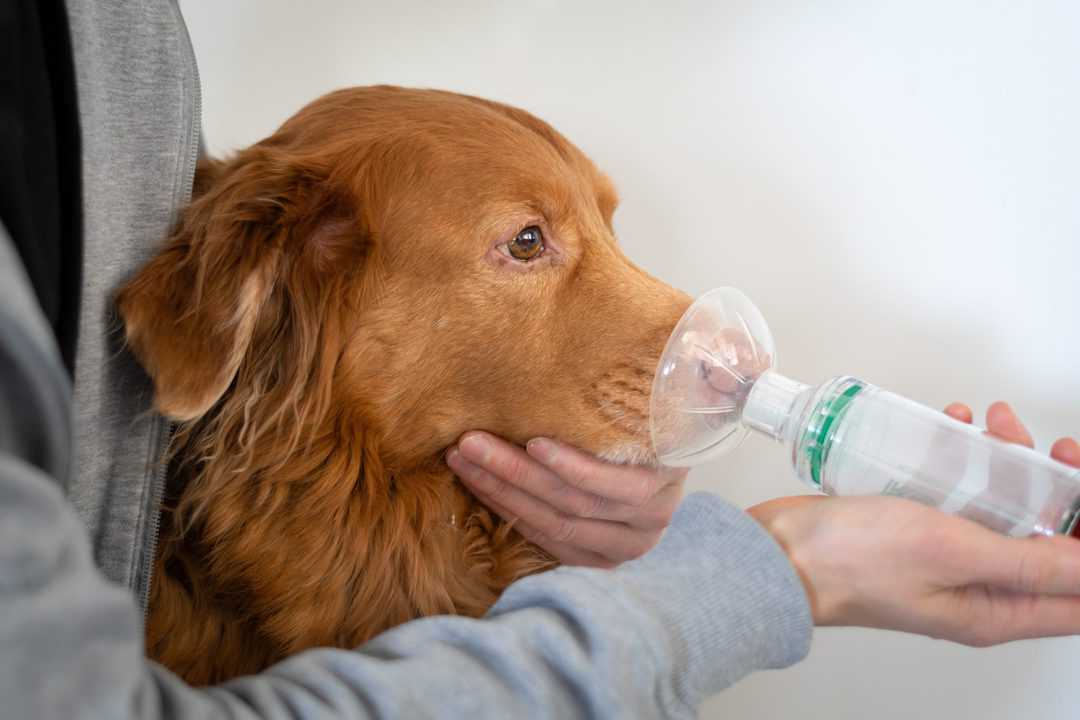Pneumonia in dogs, a respiratory condition demanding urgent attention, requires proper treatment to ensure the well-being of our furry friends. Recognizing the symptoms and understanding effective methods for managing this ailment is crucial in aiding dogs during their recovery journey from pneumonia.
Understanding Pneumonia in Dogs
Pneumonia in dogs signifies an inflammation or infection within the lungs, typically triggered by bacteria, viruses, fungi, or the inhalation of foreign objects. This condition affects the respiratory system, causing coughing, breathing difficulties, fever, lethargy, and nasal discharge in affected dogs.
Diagnosing Canine Pneumonia
Diagnosing pneumonia in dogs involves a thorough evaluation by a veterinarian. Physical examinations, blood tests, chest X-rays, and sometimes, tracheal wash or bronchoscopy help confirm the presence and severity of lung inflammation or infection.
Treatment Approaches for Pneumonia in Dogs
- Antibiotic Therapy: Combatting Bacterial Infections
Bacterial-induced pneumonia in dogs necessitates antibiotic treatment. Veterinarians prescribe specific antibiotics following culture and sensitivity tests to target the identified bacteria. Timely and appropriate antibiotic therapy aids in fighting the infection and supporting the dog’s recovery.
Recommended:
- Petco Review: The Power of Together
- PetSmart Review: Where Pets Inspire Us
- Hill’s Pet Nutrition Review: Pioneering Pet Health and Nutrition
- Royal Canine Review: Tailored Nutrition for Every Pet
- Chewy Review: Pet Care at Your Doorstep
- Supportive Care: Crucial Assistance for Recovery
Providing supportive care is vital in managing pneumonia in dogs. This includes offering oxygen therapy, maintaining hydration, and ensuring proper nutrition to strengthen the immune system. In severe cases, hospitalization might be necessary, with intravenous fluids and supplemental oxygen.
- Bronchodilators and Nebulization: Enhancing Breathing Function
Bronchodilators and nebulization therapy help open airways, improve breathing, and reduce airway inflammation. These treatments alleviate breathing difficulties and support lung function during the recovery phase.
Monitoring and Follow-Up Care
Close monitoring of dogs undergoing pneumonia treatment is essential. Regular veterinary check-ups, chest X-rays, and follow-up assessments track treatment progress and ensure improved respiratory health. Treatment plans may be adjusted based on the dog’s response to therapy.
Conclusion: Upholding Canine Respiratory Health
Pneumonia in dogs necessitates prompt attention and appropriate treatment measures. Antibiotic therapy, supportive care, bronchodilators, and vigilant monitoring are essential components in successfully managing this condition. With timely intervention and comprehensive care, dogs can recover from pneumonia and regain their respiratory health.
References:
- Merck Veterinary Manual – “Pneumonia in Dogs.“ Detailed insights into the diagnosis and treatment of pneumonia in dogs.
- VCA Hospitals – “Pneumonia in Dogs.” Comprehensive information on the causes, symptoms, diagnosis, and treatment of pneumonia in dogs.



